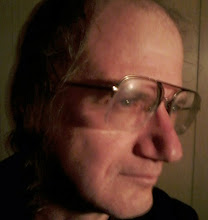"Psychosociocracy"?
Any totalitarianism contradicting the existence of human choice and thus of responsibility and morality, at least as expedient, generally operating via causal claims where the alleged effect follows the alleged cause far far less than even fifty percent of the time.
Historical examples include Marxism and Nazism, but more important are the contemporary doctor states based on the pseudosciences psychology and sociology and the pseudomedicine psychiatry, the first and third of which latter represent unnecessary, parasitic, morally-expedient and totalitarian "shadow sciences" and perversions of the real science and medicine neurology, and the second of which represents a similarly unnecessary, parasitic, morally-expedient and totalitarian "shadow science" and perversion of the science history.
Keywords: doctor state, history, Marxism, Nazism, neurology, psychiatry, psychology, psychosociocracy, sociology, totalitarianism, totalitarian studies
Historical examples include Marxism and Nazism, but more important are the contemporary doctor states based on the pseudosciences psychology and sociology and the pseudomedicine psychiatry, the first and third of which latter represent unnecessary, parasitic, morally-expedient and totalitarian "shadow sciences" and perversions of the real science and medicine neurology, and the second of which represents a similarly unnecessary, parasitic, morally-expedient and totalitarian "shadow science" and perversion of the science history.
Keywords: doctor state, history, Marxism, Nazism, neurology, psychiatry, psychology, psychosociocracy, sociology, totalitarianism, totalitarian studies

